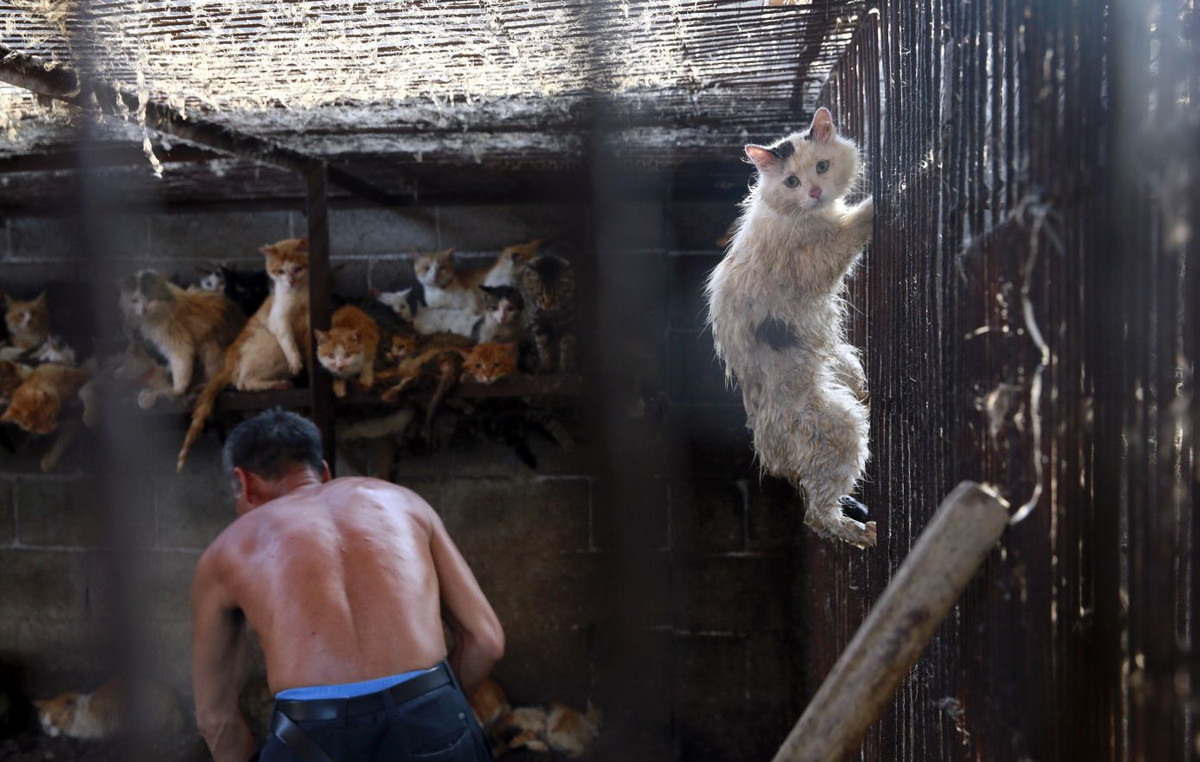Oona Hanson is a coach specializing in helping parents raise children who have a healthy relationship with food and their bodies
Flowers and an elaborate breakfast are lovely for Mother's Day, but there's one priceless gift that almost every mom would appreciate: a healthier body image. The pressure on women to look perfect is not our fault. Recognizing and resisting unrealistic appearance ideals can improve the lives of mothers at every stage of motherhood.
While women face appearance-related pressures throughout their lives, for those who give birth, the postpartum period can be especially fraught. I'll never forget becoming a mother of young children in 2010, when model Gisele Bündchen posed for Vogue just months after having a child.
During the Internet frenzy that followed, the supposedly reassuring conclusion was that “ordinary” women shouldn’t compare themselves to a supermodel. But almost all postpartum moms, celebrity or not, face an unspoken mandate to “get back” to their pre-baby body.
Even if you had Bündchen's genetics and support team, it's unreasonable and even cruel to expect you to focus your energy on looking like you were never pregnant. The reality is that you just created a human being inside your body and physically pushed it out or underwent major abdominal surgery.
Despite what we see on magazine covers and on social media, “there is no going back in growing a human being,” said Jen McLellan, a certified birth educator in Albuquerque, New Mexico, in the United States.
Expectations of “recovery” can be harmful
Because pregnancy and childbirth are among the biggest physical changes anyone can experience, recovery expectations are not only unreasonable – they can threaten new mothers' health and well-being. The impact of these damaging appearance pressures is something we need to take seriously, according to Jill Schwartz, a therapist specializing in perinatal mental health.
“Our society does mothers a disservice,” she noted, by bombarding them with rules about their appearance rather than providing much-needed support. These unhealthy appearance ideals can worsen or even trigger mental health issues, especially for postpartum women who have a history of depression, anxiety, or an eating disorder.
If mothers feel worried about their appearance, exercise, or what they eat (even “eating healthy”), it could be a sign of significant maternal mental health issues. One of the most important steps for new mothers is to work toward acceptance and gratitude for the changes that come with parenthood.
“The body is not what it was before. And you did a beautiful, incredible thing that not everyone gets to experience,” Schwartz said. “You can grow and embrace it. But your body will not be as it was before, just as life will not be as it was before.”
When feeling pressure to try to control or reduce measurements, mothers may begin by identifying that these ideas are not natural or innate, but have been “inherited from culture,” according to Debra Benfield, a nutritionist who specializes in supporting women's body image.
Awareness of these external eating culture guidelines can help mothers begin to resist unrealistic and harmful ideals.
Some women may find strength by actively rebelling against the dominant narrative: “Do the opposite of the pressure society is putting on you,” advised Schwartz. For example, although people may encourage new parents to ramp up exercise quickly, the healthiest approach is to “slow down, be patient, give yourself grace, and remember that you are in a time to heal.”
Pressures on appearance intensify again before menopause
The devastating mismatch between increased maternal vulnerability and a new onslaught of unrealistic expectations about appearance is again peaking for women in the years leading up to menopause. As with the postpartum period, perimenopause brings new challenges at a stressful time in life.
Many middle-aged women are experiencing hormonal and physical changes while raising children and caring for aging parents. “The collision between motherhood and perimenopause is a very difficult thing,” Benfield said.
It's no surprise that negative body image and disordered eating tend to rise again in midlife, when women are expected to appear “frozen in time” rather than experiencing the natural and expected changes that come with age. , noted Benfield, who treats people with eating disorders
. Women of all ages need to hear his important reminder: “Bodies change. And that's okay. And let’s normalize this.”
A positive influence on the family
Mothers may find it easier to reject diet culture and the thin ideal when they recognize the positive influence they can have on their families.
“We are teaching our children to love themselves,” McLellan said. “Even if mom isn't dieting or openly weighing herself in front of her kids, “kids are listening and watching in more ways than you might imagine,” Benfield said.
The benefits for children are compelling, but mothers deserve to feel better about their bodies, Benfield added. By resisting harmful ideals, mothers become “less overwhelmed and feel more present and therefore more powerful in their own lives.”
A fundamental step in this process involves unlearning much of what food culture has taught us about the importance of being thin.
“It’s really important that we uncover our own weight bias,” McLellan said. “We all internalize messages because we grew up with them. And the more willing we are to start doing this work, the deeper the love we can find for ourselves.”
One strategy for moms to feel better about their bodies is to practice meaningful self-care. “I don’t mean bubble baths and fuzzy socks. I mean, scheduling our Pap smears, scheduling our dental work,” McLellan explained.
Finding weight-inclusive providers, especially for moms with larger bodies, is essential not only for body image but overall health.
By acknowledging weight stigma and truly taking care of ourselves, moms can begin to “descript the messages we grew up with, thinking our bodies are wrong or bad, and instead really focusing on the importance of our well-being.” overall,” she added.
How can I support other mothers?
If a mom in your life is struggling with poor body image, it can be tempting to ignore her concerns and offer compliments instead.
While some mothers may appreciate this kind of reassurance, it runs the risk of backfiring because it blocks out their feelings while at the same time reinforcing the importance of how their body looks.
Really listening and trying to “decenter the look” can often be the best way forward, according to Benfield. Friends, family, and partners can express their unconditional love and even speak directly about the toxicity of our culture's unrealistic standards for women.
A potential way to express empathy and start a deeper conversation could be like this: “Isn’t it a shame that women feel so much pressure to look a certain way, especially at this time of life?”
Externalizing and rejecting beauty ideals can be an opening to begin resisting the other ways mothers often feel they don't measure up.
There's an important reminder every mother needs to hear not just on Mother's Day, but throughout the year, McLellan said: “You are already worthy. Who you are today is wonderful. You are absolutely enough and you are doing enough.”
Source: CNN Brasil
I am an experienced journalist and writer with a career in the news industry. My focus is on covering Top News stories for World Stock Market, where I provide comprehensive analysis and commentary on markets around the world. I have expertise in writing both long-form articles and shorter pieces that deliver timely, relevant updates to readers.





